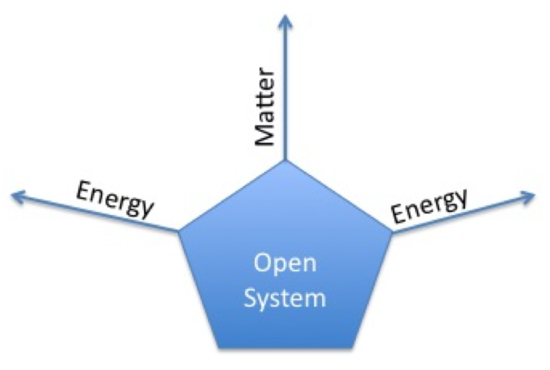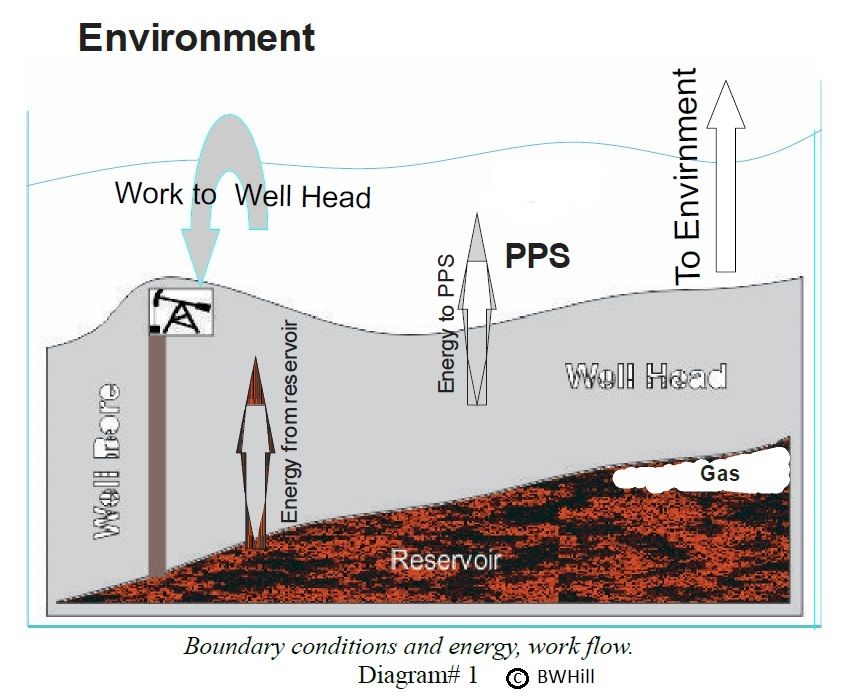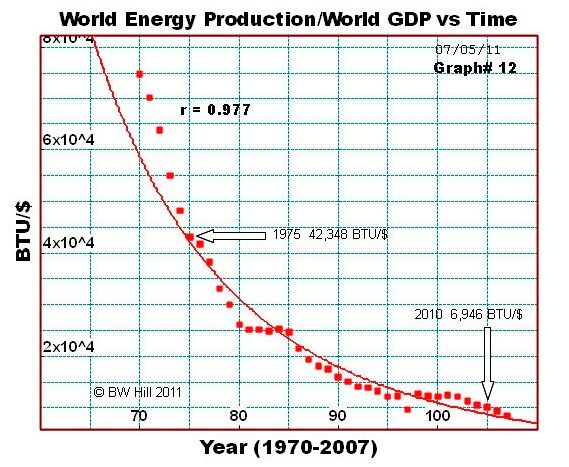http://hyperphysics.phy-astr.gsu.edu/hbase/thermo/seclaw.html
World + Chuck Norris factor means it is not a simple and predictable closed system.
http://hyperphysics.phy-astr.gsu.edu/hbase/thermo/seclaw.html
Thanks for the definition, Write4U. What is your point?
If that is your point, just say so. The Chuck Norris thing is trolling and I REPORTED IT.http://hyperphysics.phy-astr.gsu.edu/hbase/thermo/seclaw.html
World + Chuck Norris factor means it is not a simple and predictable closed system.
If that is your point, just say so. The Chuck Norris thing is trolling and I REPORTED IT.
1) This is a total cop outwhy should I waste my time trying to explain things when you don't deserve it?



So are you basically saying that the laws of thermodynamics are only good for figuring out how water boils on a stove? Everything else is just too complex? That is ridiculous.Wow, I clearly see how a boiling pot on a stove models the entire world economy!
Good.I'm going to bed now.
Besides, the Etp model does not attempt to model the entire world economy, just the rate of entropy change in the oil production system. So, straw man.
The world economy is a thermodynamic system. The second law of thermodynamics mandates that the oil production process, which provides most of the energy for the world economy, must experience entropy over time. Money is what we use to buy energy. The Etp model shows how all of these things are related.
Let's resolve this once and for all. Please list the best serious arguments you guys can think of against the Etp model. Number them for clarity. I will answer them all and prove, once again, that the Etp model is valid.
You say this:
Yes, I did say that. I meant it too.Futilitist said:Besides, the Etp model does not attempt to model the entire world economy, just the rate of entropy change in the oil production system.
In your next post you say this:
Futilitist said:The world economy is a thermodynamic system. The second law of thermodynamics mandates that the oil production process, which provides most of the energy for the world economy, must experience entropy over time. Money is what we use to buy energy. The Etp model shows how all of these things are related.
Your statement is utterly meaningless. Do you even realize that?It's pretty iffy. Do you even know the things you say at this point?
I already answered this one. See this post:1) Chuck Norris.
The Etp model is an open system model. So, you are wrong again, since I already answered this one but you are just ignored my answer and repeated your same argument anyway. Please stop doing this. It is just more deception. You are faking an argument.World + Chuck Norris factor means it is not a simple and predictable closed system.
Disagree1) The world economy is a thermodynamic system.
Agree or disagree?
Disagree2) The second law of thermodynamics mandates that the oil production process, which provides most of the energy for the world economy, must experience entropy over time.
Agree or disagree?
Typically, yes.3) Money is what we use to buy energy.
Agree or disagree?
Disagree.4) The Etp model shows how all of these things are related.
Agree or disagree?
Wow. Tag team wrestling again. Why are you clarifying Beer w/Straw's non-argument? You guys are the Borg.Disagree
Disagree
Typically, yes.
Disagree.
That is not my reasoning at all. You made that up. I have never claimed that the Etp model models the world economy. In fact, I keep claiming just the opposite. You keep insisting on arguing with a straw man.The Etp model doesn't model the world economy but does at the same time that it doesn't but it does... That's your reasoning.

now you're simply initiating pathetic shenanigans while everyone points out the continuous contradictions and you then show from this your hypocritical persona.Wow. Tag team wrestling again. Why are you clarifying Beer w/Straw's non-argument? You guys are the Borg.
Your answers are not actually serious are they? The only one you got right was #3. So, the only one you got right was the economics question! You totally failed thermodynamics. How come all you "scientists" actually only went to business school?
Dude, all processes in the universe are subject to the second law of thermodynamics. Your argument (?) is completely invalid. If you really don't understand this, you'll just have to take my word for it. Besides, I know you really do understand this basic physics concept, so why are you doing this?
I asked for a serious argument. All I get is more bullshit.
I have shown convincingly throughout this thread that that the Etp model is, in fact, valid. People bring up all sorts of arguments against it, but most of these arguments are not valid. I swat them away like flies. These goons know I am right. They are afraid to make any serious arguments because they know they will lose. That is why I put it right back in their faces and once again issue this challenge:
Let's resolve this once and for all. Please list the best serious arguments you guys can think of against the Etp model. Number them for clarity. I will answer them all and prove, once again, that the Etp model is valid.
---Futilitist
Yup, we are all part of a world wide conspiracy to keep you from spreading the truth.Wow. Tag team wrestling again. Why are you clarifying Beer w/Straw's non-argument? You guys are the Borg.
Yes, they are.Your answers are not actually serious are they?
I'm not a scientist, I am a chemical engineer.The only one you got right was #3. So, the only one you got right was the economics question! You totally failed thermodynamics. How come all you "scientists" actually only went to business school?
That is not my reasoning at all. You made that up. I have never claimed that the Etp model models the world economy. In fact, I keep claiming just the opposite. You keep insisting on arguing with a straw man.
The world economy is a thermodynamic system. The second law of thermodynamics mandates that the oil production process, which provides most of the energy for the world economy, must experience entropy over time. Money is what we use to buy energy. The Etp model shows how all of these things are related.
In a larger sense, civilization itself is a thermodynamic process. All thermodynamic processes eventually run down. That shouldn't come as a shock to anyone, but it still does.
It is quite apparent from your reaction, and the general reactions from almost everyone on this forum, that people aren't necessarily very open to hearing about this looming catastrophe. People don't like bad news. And this is really, really bad news. Hell, it's pretty much the worst news ever.
If you were the President of the United States or the CEO of a major corporation, how would you break the news of the upcoming apocalypse to the world?
I would have a buffoon post it on science forums.If you were the President of the United States or the CEO of a major corporation, how would you break the news of the upcoming apocalypse to the world?
Civilization collapse and the Etp model are two separate things. Quit conflating them. I predict civilizational collapse, the Etp model does not. The Etp model only predicts the price of oil. We were talking about the validity of the Etp model. You are just trying to change the subject again.*giggles*
I think almost every page on this thread mentions economy and you tie in the collapse of civilization -apocalypse- with the world economy...
Bullshit. Based on your demonstrated lack of understanding of the second law of thermodynamics, you are either lying about being a chemical engineer or you are a lying chemical engineer.Yup, we are all part of a world wide conspiracy to keep you from spreading the truth.
Yes, they are.
I'm not a scientist, I am a chemical engineer.
So tell me how does the "oil production process... experience entropy over time"? Better yet what is that suppose to mean. How does a process experience entropy?
You have not a clue what you are talking about.
Don't call me names. It is rude. It doesn't belong in a serious science discussion. And it just shows how desperate you are.I would have a buffoon post it on science forums.
Demand will fall with production, so the price will just keep going down. That is what the model forecasts. You may not understand that and you may be astonished, but ignorance and astonishment are not a valid argument.By the way did you hear that the Shell is pulling out the arctic, apparently the exploration was not promising. So this is good news for consumers according to your model, because less oil that means the price of will drop.
I think you have too.I think I have spent enough time on this thread...
I have shown convincingly throughout this thread that that the Etp model is, in fact, valid.
